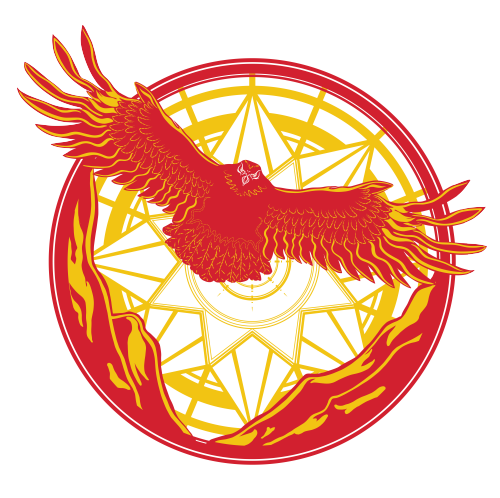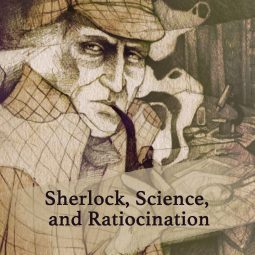INSTRUCTORS:
“Tales of ratiocination,” as Edgar Allan Poe called them, are the intellectual sibling of science fiction, born of the same parents: the Scientific Revolution and the Industrial Revolution. Poe created the first scientific detective, C. Auguste Dupin, who in turn paved the way for one of the most enduring and beloved literary characters of all time, Sherlock Holmes. This course focuses on Poe and Conan Doyle and how their works blended scientific method, mystery, and imagination to create the modern literature of detection. Students will consider why Sherlock Holmes remains an often revisited and reinterpreted character with remarkable resonance in our own time, and how the genre he helped to create and the literary descendants he inspired continue to question the idea of order in our universe and how we know what we (think we) know.
Course Schedule
Week 1: Edgar Allan Poe, Early Detectives, and Ratiocination
(Both in The Murders in the Rue Morgue: The Dupin Tales)
- “Appendix: The Earliest Detectives: Zadig, Vidocq, and Jimmy Buckhorn” by
Various Authors - “The Murders in the Rue Morgue” by Edgar Allan Poe
Week 2: The Return of Dupin, Fiction’s First Detective
- “The Mystery of Marie Roget” and
- “The Purloined Letter” by Edgar Allan Poe
Week 3: Wilkie Collins and the New Detective Novel
- The Moonstone by Wilkie Collins, Prologue through First Narrative
Week 4: Collins, Fact, and Forensic Science
- The Moonstone by Wilkie Collins, Second Narrative through Epilogue
Week 5: Arthur Conan Doyle, the Great Detective, and the Art of Deduction
- A Study in Scarlet by Arthur Conan Doyle
Week 6: “You Know My Methods”
- The Sign of the Four by Arthur Conan Doyle
Week 7: “The Observation of Trifles”
- “The Boscombe Valley Mystery,”
- “The Adventure of the Speckled Band,” and
- “Silver Blaze” by Arthur Conan Doyle
Week 8: “To the Logician All Things Should Be Seen”
- “The Adventure of the Gloria Scott,”
- “The Adventure of the Musgrave Ritual,”
- “The Adventure of the Greek Interpreter,” and
- “The Final Problem” by Arthur Conan Doyle
Week 9: “The Scientific Use of the Imagination”
- The Hound of the Baskervilles by Arthur Conan Doyle
Week 10: “What One Man Can Invent”
- “The Adventure of the Empty House,”
- “The Adventure of the Norwood Builder,”
- “The Adventure of the Dancing Men,” and
- “The Adventure of the Six Napoleons” by Arthur Conan Doyle
Week 11: “Exhaust All Natural Explanations”
- “The Adventure of the Bruce-Partington Plans,”
- “The Adventure of the Devil’s Foot,” and
- “The Adventure of the Sussex Vampire” by Arthur Conan Doyle
Week 12: Sherlock, Science, and Ratiocination in the 21st Century
- “A Study in Pink,” “The Blind Banker,” and “The Great Game,” Sherlock (DVD)
Required Texts
The Amazon links are provided for convenience only, and we encourage students to purchase texts wherever they wish.
- The Murders in the Rue Morgue – Edgar Allan Poe *
- The Moonstone – Wilkie Collins +
- The Complete Sherlock Holmes, Volume 1 – Arthur Conan Doyle
- The Complete Sherlock Holmes, Volume 2 – Arthur Conan Doyle
- Sherlock: Season One – DVD
* required edition – appendix will be assigned reading
+ strongly suggested edition
Course History
This course has been offered in the following semesters.
| Semester | Preceptor(s) |
|---|---|
| Spring 2021 | Dr. Sara Brown |
| Fall 2016 | Dr. Sara Brown |
| Fall 2013 | Jessica O’Brien |
Course Artwork
Course artwork adapted from an original illustration by Elia Mervi. Used with permission. All rights reserved.



